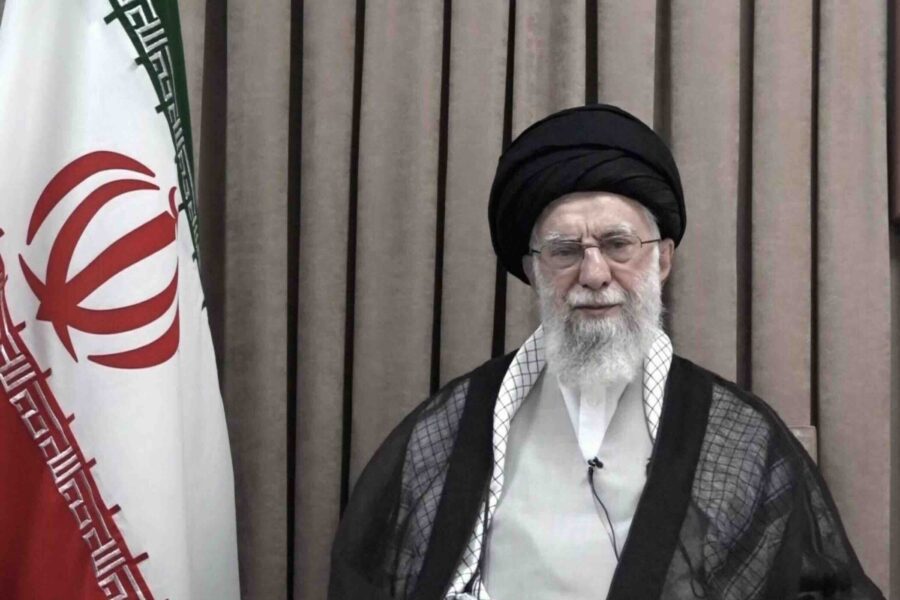Politics
‘Cowering’ Ayatollah Retreats To Secret Bunker, Fears Assassination

The supreme leader of Iran is “cowering” deep beneath the surface of his country, preparing for his eventual death and making plans to name a successor, sources within the government say.
Two senior Iranian officials told The Atlantic that Ayatollah Ali Khamenei’s days are numbered, and they might not wait around for him to die of natural causes before deposing him. Khamenei faces the most significant leadership test of his tenure after three of the country’s key nuclear enrichment sites were bombed by the U.S. on Sunday.
“Everybody knows Khamenei’s days are numbered,” one official said. “Even if he stays in office, he won’t have actual power.”
Khamenei, 86, has presided over Iran since 1989. In that time, generational change has swept the country of 92 million, where the average age is just 34 years old. Longstanding health concerns, combined with ambitions of younger senior country leaders, are contributing to the belief that Khamenei is not the right man to lead Iran after 2025.
The Iranian supreme leader last addressed the country on Wednesday from a secret underground bunker where he was hunkered away in anticipation of a strike by the U.S. President Trump previously suggested he would decided “within two weeks” whether to strike Iran, a feint that White House officials say was designed to disguise the fact he had already made a decision.
He has also suspended use of electronic devices, a move that may have come after President Trump mused about “killing” Khamenei in a social media post last week.

Three men have been named as potential successors to Khamenei in the event that he is killed, according to the NYT.
A three-man committee appointed by Khamenei two years ago had been tasked with determining his final replacement, work that has accelerated in recent days, according to the Daily Mail. Five insiders with knowledge of Khamenei’s movement told Reuters that he is also reacting to Israel’s promise to assassinate him.
Khamenei’s family remains in hiding with him, and they are being protected by the Vali-ye Amr, a special unit within Iran’s Revolutionary Guard, a top official said.
Predicting Iran’s political trajectory if Khamenei is killed will be difficult, the source added, underscoring the importance of quickly naming a successor to project stability and continuity of government.
The new leader will be chosen based on his devotion to the revolutionary precepts proffered by the Islamic Republic’s late founder, Ayatollah Ruhollah Khomeini, one insider said. At the same time, the successor’s ability to moderate the country’s image will also be considered, reflecting a belief that more open-faced dealings on the world stage will limit the potential for future attacks on Iran.
Two leading contenders include Khamenei’s son Mojtaba, 56, and Hassan Khomeini, grandson of the founder of Iran’s Islamic revolution.
Khomeini, despite counting himself among the reformist faction that promotes greater leniency in social life and fewer hardline beliefs, still commands respect among the country’s clerical leadership, insiders say.
“I once again humbly express that this small and insignificant servant of the Iranian people stands ready to proudly be present on any front or scene you deem necessary,” Khomeini said on Sunday in a message telegraphing his support for Iran’s supreme leader.

